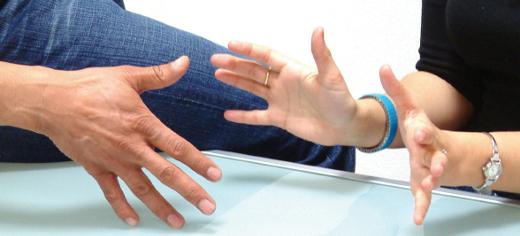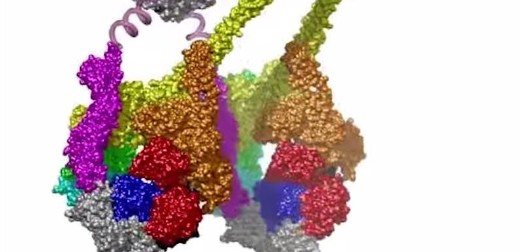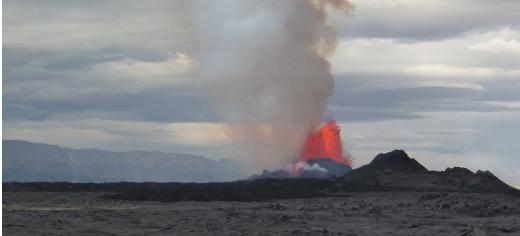If you’re sitting down, don’t sit still, new research suggests

New research suggests that the movements involved in fidgeting may counteract the adverse health impacts of sitting for long periods. In a study published in the American Journal of Preventive Medicine, a team of researchers, co-led by the University of Leeds and UCL, report that an increased risk of mortality from sitting for long periods was only found in those who consider themselves very occasional fidgeters. They found no increased risk of mortality from longer sitting times, compared to more active women, in those who considered themselves as moderately or very fidgety.
Swinging on ‘monkey bars’: motor proteins caught in the act

The first images of motor proteins in action were published in the journal Nature Communications on Monday 14 September 2015. These proteins are vital to complex life, forming the transport infrastructure that allows different parts of cells to specialise in particular functions. Until now, the way they move has never been directly observed. Researchers at the University of Leeds and in Japan used electron microscopes to capture images of the largest type of motor protein, called dynein, during the act of stepping along its molecular track.
Icelandic volcano’s toxic gas is treble that of Europe’s industry

A huge volcanic eruption in Iceland emitted on average three times as much of a toxic gas as all European industry combined, a study led by the University of Leeds has revealed. Discharge of lava from the eruption at Bárðarbunga volcano, starting in August 2014, released a huge mass – up to 120,000 tonnes per day – of sulphur dioxide gas. These emissions can cause acid rain and respiratory problems. Researchers hope that their study, published by the Journal of Geophysical Research, will aid understanding of how such eruptions can affect air quality in the UK.

